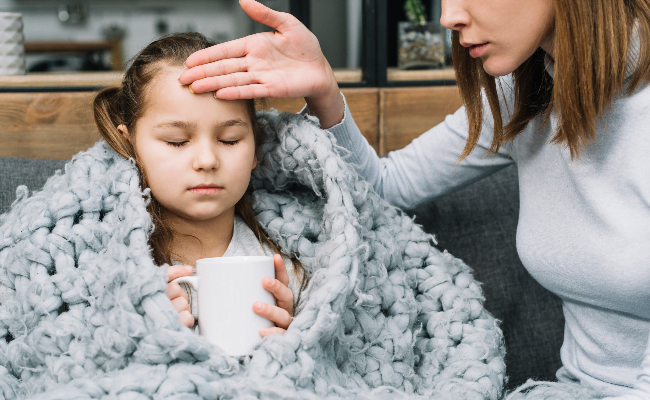New research shows that anxiety can be transmitted in a sex-specific way – spreading from fathers to sons and from mothers to daughters.
According to findings by Dr. Barbara Pavlova, PhD., a clinical psychologist at Nova Scotia Health Authority, children learn anxious behavior from their parents.
Dr. Pavlova adds that it is possible to prevent transmitting anxiety from parents to children.
Parents need to treat Child anxiety problems for the sake of their children’s health. This is more pressing if the parent and child are of the same sex.
How Parental Anxiety Impacts Children
Although few data exist on sex-specific transmission from parent to child, anxiety disorders run in families, and both genetics and environment are thought to be in play.
To properly examine this, researchers reviewed 203 girls and 195 boys, on average aged 11, with a family history of mood disorder.
The results showed a high rate of offspring anxiety when the same-sex parent had an anxiety disorder. However, a lower rate of offspring anxiety was found where there was a same-sex parent without anxiety.
Out of the 398 children, nearly one-third of children had anxiety disorders like generalized anxiety disorder, social anxiety disorder, specific phobias, separation anxiety disorder, and unspecified anxiety disorders.
The older the child, the more likely they will have an anxiety disorder. Anxiety disorders are equal among boys and girls.
Children with parents not diagnosed with anxiety disorders were the least likely to have anxiety disorders. In these cases, children are more likely to develop them when both parents have anxiety disorders.
Research points to the possible role of vicarious learning, modeling, and environmental factors in transmitting anxiety from parents to their children.
This study examined the benefits of same-sex parents and found that children are able to learn resilience from their same-sex parents. This was discovered because when one parent is anxious, it disrupts how the other parent teaches resilience to the child.
Early diagnosis and treatment are essential to combating anxiety
Jill Emanuele, vice president of clinical training for the Child MIND Institute and a Ph.D., says that when dealing with children with anxiety issues, you should assess and treat the parent and child separately.
Dr. Emanuele said that both environment and genetics play a role in anxiety disorders. If our parents have them, then there is a chance that it will affect us too – even if we don’t have one ourselves.
Anxiety disorders are the most common mental illness and usually appear before mood disorders. Early screening is essential because untreated anxiety can persist into adulthood.
Source:Mdedge
Managed By: RTP Social Solution



